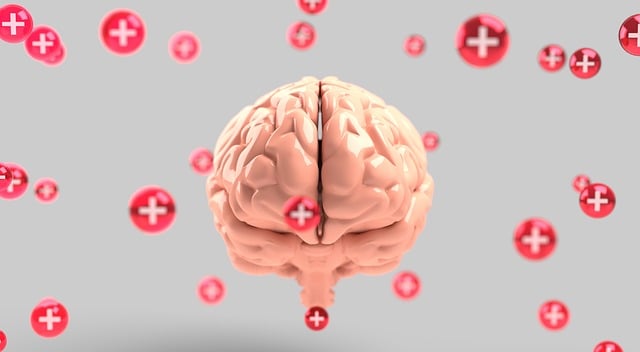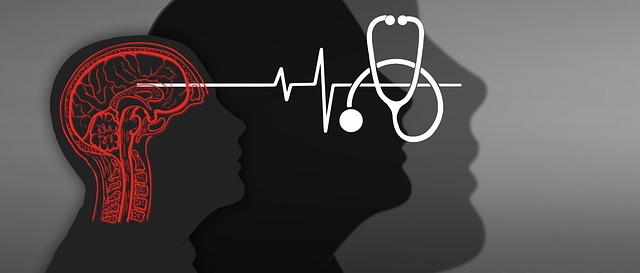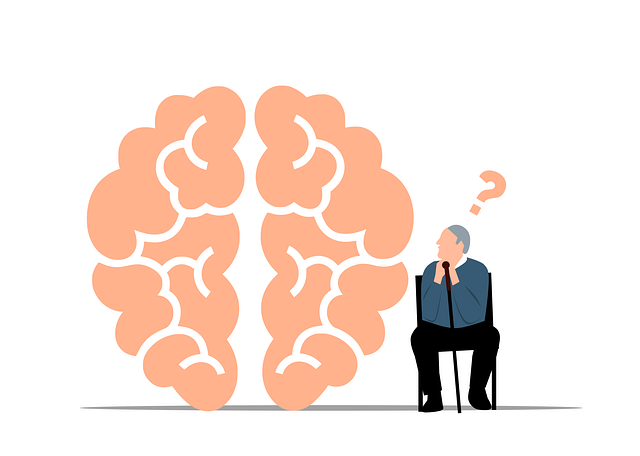Mental wellness among elders faces unique challenges, including cognitive decline, reduced mobility, and social isolation, which heighten stress, anxiety, and depression. Effective strategies involve Therapy for Elders, such as Cognitive Behavioral Therapy (CBT), which targets negative thought patterns. Cultural competency training ensures tailored care. Creating safe, supportive environments with active listening and open-ended questions fosters trust and inclusivity. Integrating CBT with compassion cultivation and self-care routines enhances emotional well-being and peer support. Measuring success through participant feedback and qualitative data refines programs, improving mental wellness outcomes for elders.
Mental wellness group facilitation is gaining traction as an effective approach to support seniors. This article delves into crucial aspects of facilitating such groups, focusing on cognitive behavioral therapy (CBT), a powerful tool proven to enhance mental health in elders. We explore common challenges faced by the elderly and how safe, supportive group environments coupled with strategic communication can lead to significant improvements. Additionally, we discuss evaluation methods to measure the success of these initiatives.
- Understanding Mental Wellness in Elders: Unveiling Common Challenges
- Cognitive Behavioral Therapy (CBT): A Powerful Tool for Group Facilitation
- Creating a Safe and Supportive Group Environment
- Effective Communication Strategies for Group Leaders
- Measuring Success: Evaluating the Impact of Mental Wellness Groups
Understanding Mental Wellness in Elders: Unveiling Common Challenges

Understanding mental wellness among elders is crucial as they often face unique challenges that can impact their overall well-being. As people age, they may experience a decline in cognitive abilities, reduced mobility, and social isolation, which can contribute to increased stress, anxiety, and depression. These factors create a complex landscape for maintaining positive thinking and coping skills development.
One effective approach to addressing these issues is through Therapy for Elders, such as Cognitive Behavioral Therapy (CBT). CBT helps individuals identify and change negative thought patterns and behaviors, promoting better mental health. Moreover, Healthcare Provider Cultural Competency Training plays a vital role in ensuring that care is tailored to the specific needs and cultural contexts of elderly patients. By understanding these challenges and implementing appropriate strategies, facilitators can foster a supportive environment, enhancing the lives of elders and encouraging resilience amidst adversity.
Cognitive Behavioral Therapy (CBT): A Powerful Tool for Group Facilitation

Cognitive Behavioral Therapy (CBT) is a highly effective and widely recognized tool for group facilitation, especially when catering to older adults’ mental wellness needs. This therapeutic approach focuses on challenging negative thought patterns and behaviors, empowering individuals to develop healthier cognitive processes. In a group setting, CBT facilitates an environment where participants can learn from one another’s experiences, fostering a sense of community and shared understanding.
By incorporating CBT techniques into mental wellness coaching programs, facilitators can help older adults navigate and manage various mental health challenges. These programs often include compassion cultivation practices, encouraging empathy and self-compassion, which are essential in reducing the stigma associated with mental illness. Through group discussions, exercises, and mindfulness activities, participants can gain valuable insights, enhance their emotional well-being, and develop coping strategies tailored to their unique needs.
Creating a Safe and Supportive Group Environment

Creating a safe and supportive group environment is paramount when facilitating mental wellness sessions, especially when catering to elders. It’s crucial to foster an atmosphere where participants feel comfortable sharing their experiences and emotions freely. Techniques such as active listening, open-ended questions, and reflective statements encourage engagement while ensuring confidentiality. This builds trust, making it easier for elders to open up about challenges unique to their age group, including loneliness or feelings of isolation.
Designing mental health education programs with cultural sensitivity is essential to make these groups inclusive. Recognizing and respecting diverse backgrounds, beliefs, and customs ensures everyone feels valued. Incorporating evidence-based practices like Cognitive Behavioral Therapy (CBT) can provide practical tools for coping with common mental health issues. Encouraging self-care routine development within the group setting promotes collective well-being, offering peer support and a sense of belonging, which are key components of successful mental wellness facilitation.
Effective Communication Strategies for Group Leaders

Effective communication is a cornerstone for group facilitation, especially when targeting elders’ mental wellness. Group leaders should employ strategies that foster open dialogue and create a safe space for participants to share their experiences. Active listening, where facilitators show genuine interest by paraphrasing and summarizing individuals’ thoughts, encourages engagement. This technique also helps identify underlying issues, such as cognitive challenges or anxiety, which may require tailored interventions like Cognitive Behavioral Therapy (CBT).
Additionally, group leaders can prevent burnout and enhance overall mental wellness by utilizing non-verbal cues, ensuring clarity in instructions, and promoting a supportive atmosphere. Burnout prevention is crucial for maintaining the energy and focus needed to guide participants through therapy for elders. Incorporating interactive activities and varied communication methods in a Mental Wellness Podcast Series production can further engage the group, offering anxiety relief and fostering meaningful connections among peers.
Measuring Success: Evaluating the Impact of Mental Wellness Groups

Measuring success is a critical aspect of mental wellness group facilitation, as it helps assess the effectiveness and impact of the support provided. Evaluating progress within these groups involves several key indicators. One primary metric is participant feedback, where members can share their experiences and the positive changes they’ve noticed since joining. This qualitative data offers insights into the group’s overall success in fostering a supportive environment.
Additionally, tracking improvements in specific areas such as emotional regulation and stress management can provide tangible evidence of the program’s impact. Over time, facilitators can observe enhanced coping strategies and better mental wellness among elders participating in Cognitive Behavioral Therapy (CBT) sessions. This data is invaluable for refining group coaching programs and developing more targeted interventions, ultimately leading to improved outcomes in mental wellness coaching programs.
Mental wellness groups, facilitated with techniques like Cognitive Behavioral Therapy (CBT), offer a powerful and supportive environment for elders to navigate their challenges. By creating safe spaces that encourage open communication, group leaders can foster significant improvements in mental health outcomes. This article has explored the unique needs of elderly individuals and presented evidence-based strategies, emphasizing the importance of CBT as a game-changer in therapy for elders. Through effective facilitation, these groups have the potential to revolutionize mental wellness support, ensuring folks age with dignity and resilience.








